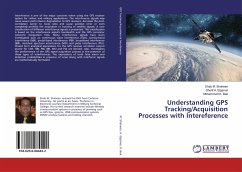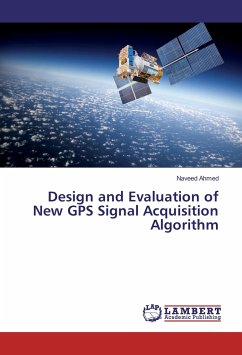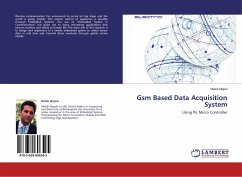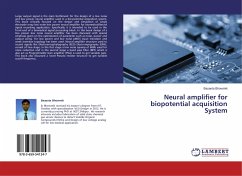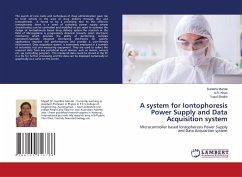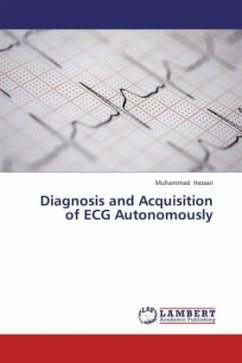Interference is one of the major concerns when using the GPS receiver system for civilian and military applications. The interference signals may cause severe performance degradation to GPS receivers, decrease the post-correlation carrier to noise ratio and cause position error or even completely prohibit the acquisition or tracking of satellite signals. A new classification of different interference signals is presented. This classification is based on the interference signal's bandwidth and the GPS correlator coherent integration time. Many Interference signals have been investigated such as: continuous wave interference (CWI), narrow-band interference (NBI), partial-band interference (PBI), broadband interference (BBI), matched spectrum interference (MSI) and pulse interference (PUI). Closed form analytical expressions for the GPS receiver correlator output power for CWI, NBI, PBI, BBI, MSI and PUI are derived. Also, investigates the performance of the GPS signal acquisition process in the presence of these types of interferences. The expressions of both false alarm and detection probabilities in presence of noise along with interfence signals are mathematically formulatd.

